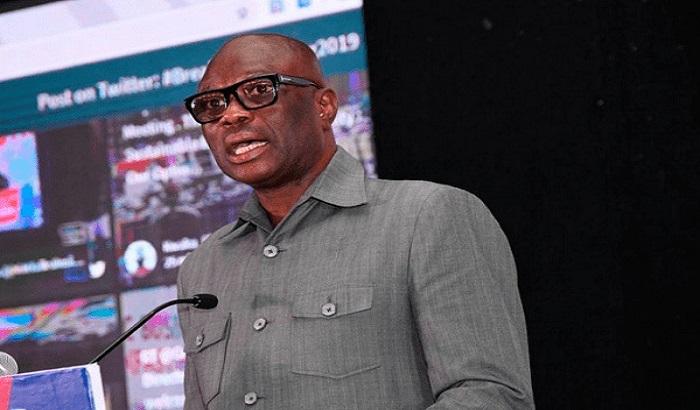The Ghana Union of Traders Associations (GUTA) has appealed to its members to reduce prices following recent improvements in the exchange rate between the cedi and the US dollar.
Speaking on Citi FM on Monday, May 12, 2025, President of GUTA, Mr. Joseph Obeng, said the trading community has a responsibility to reflect the currency gains in their pricing, especially at a time when many consumers are struggling with low purchasing power.
“We do not operate in isolation. Business depends on turnover, and if people cannot afford to buy, we suffer too,” Mr. Obeng said. “The cedi’s performance in recent months gives some room for price adjustments, and where possible, traders should act in good faith.”
According to him, although some goods were imported when the exchange rate was higher, current trading conditions demand more competitive pricing.
He said the market is not monopolised, and some traders now have access to cheaper stock, making price adjustments necessary to stay in business.
“This is not a directive,” Mr. Obeng clarified. “Ghana is not under a price control system. We are simply urging our members to take this into account. Some bought goods earlier at higher rates, but others are importing now at lower costs. The reality of competition forces us to strike a reasonable balance.”
He said GUTA’s membership includes more than 78 trade groups from across the country, including spare parts dealers at Abossey Okai, traders at Suame Magazine, and various other associations in retail, confectionery, electronics, textiles, and stationery.
Dr. Obeng called on the government to support the move by addressing other cost pressures, including high utility tariffs and taxes.
He took issue with the Public Utilities Regulatory Commission (PURC), saying its earlier justification for raising tariffs was based on a weak cedi.
He urged the government to intervene now that the exchange rate has improved.
“The government must engage PURC to review tariffs, or we risk losing the gains from the currency’s recovery,” he said.
Mr. Obeng also criticised economic arguments that suggest a stronger cedi may hurt exports. He warned that such thinking could lead to policy reversals that harm local businesses.
“Some economists may advise the government to weaken the currency for export gains, but that approach hurts local industry,” he said.
“We want to industrialise. We cannot afford to price ourselves out of regional and global markets.”
He added that the drop in the dollar presents a good starting point for the proposed 24-hour economy, which many traders support.
But he said its success depends on practical steps such as keeping exchange rates stable, reducing taxes, and cutting utility charges to make extended business hours viable.
On import duties, Mr. Obeng welcomed the NDC's promise to remove taxes on salvage vehicles, saying it would help revive activity in the spare parts trade.
He said current taxes have discouraged imports and stifled innovation in vehicle repair and assembly.
Mr. Obeng added that while traders are often criticised when prices go up, they are equally ready to respond to favourable conditions.
“We always speak up when the cedi is struggling. So when the cedi gains, we also have to act,” he said. “It’s a matter of fairness to the public and good business sense.”
